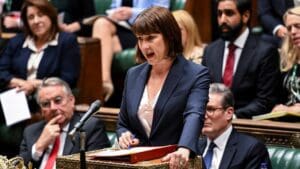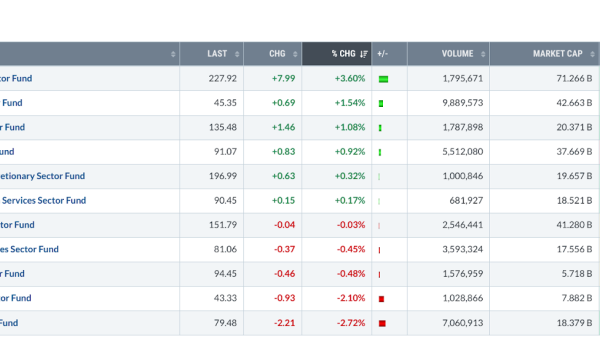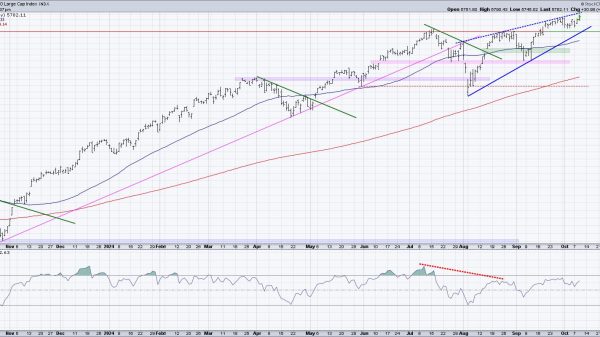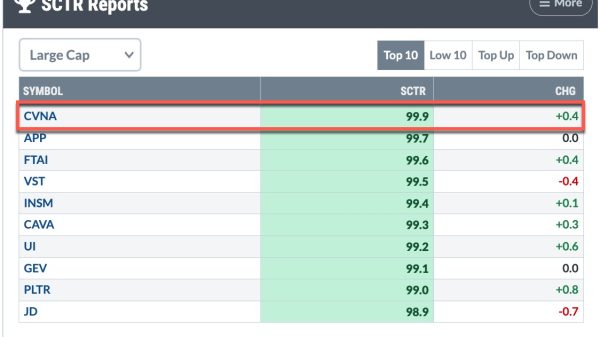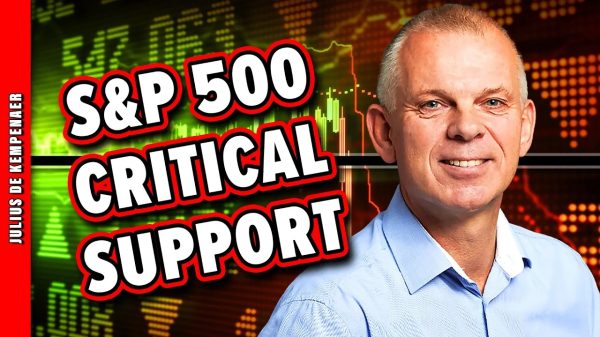Tourist attraction, backdrop to millions of selfies and one of the world’s most easily identifiable landmarks. Cape Town’s Table Mountain is all of these things, but now it has found a new role: as a guide to what will happen to UK interest rates.
For Huw Pill the opportunity was too good to pass up. Invited by South Africa’s central bank to speak at a high-level conference, the Bank of England’s chief economist said there were two ways for Threadneedle Street to bring UK inflation back to the government’s 2% target.
One was the Matterhorn model, named after the jagged 4,478-metre high peak in the Alps, under which interest rates would go up sharply and come down sharply.
Alternatively, the Bank could go down the Table Mountain route. This approach would involve a lower peak (the mountain rises to 1,085 metres) but then stay at a high altitude for a considerable period. The flat plateau above Cape Town is approximately 1.9 miles (3km) from side to side.
Pill said his preference was for Table Mountain over the Matterhorn. The Bank’s prime task, he explained, was to “see the job through” on inflation. But its nine-strong monetary policy committee (MPC) was mindful of the fact that 14 interest rate rises since December 2021 were starting to hurt and it was aware of the risk of causing needless pain.
“There may be multiple paths that get you to where you want to be,” Pill said in his speech. “Some of them have rates rising rapidly and falling rapidly in what is sometimes known as the Matterhorn profile.
“The alternative would be to hold restriction for longer in a more steady and resolute way with a profile for interest rates that looks more like the Table Mountain. I would tend to favour the latter.”
Pill’s comments suggest he will be voting for official borrowing costs to be raised again – from 5.25 to 5.5% – when the MPC meets later in September but then may well opt for them to stay on a plateau for some time to come.
While the headline inflation rate has fallen from a peak of 11.1% in October 2022 to 6.8% in July, Pill said core inflation – a measure of the cost of living that excludes items such as food and energy – remained stubbornly high and was yet to show an obvious downward trend.
“The key element is that we on the MPC need to see the job through and ensure a lasting and sustainable return of inflation to the 2% target,” he said.
“At present, the emphasis is still on ensuring that we are – in the words of the MPC’s last statement – sufficiently restrictive for sufficiently long to ensure that we have that lasting return to target.”
Meanwhile, the latest data from the eurozone showed inflation was higher than expected in August at 5.3%, unchanged from July. Economists polled by Reuters had expected it to fall to 5.1%.
Pill acknowledged the risk of pushing UK rates too high. “Now that policy is in restrictive territory, there is the possibility of doing too much and inflicting unnecessary damage on employment and growth,” he said.
But he said there was no room for complacency and that the Bank needed to see a “lasting and sustainable” reduction in inflation to the government’s 2% target.
Read more:
Bank of England’s top economist offers two routes to beating inflation


